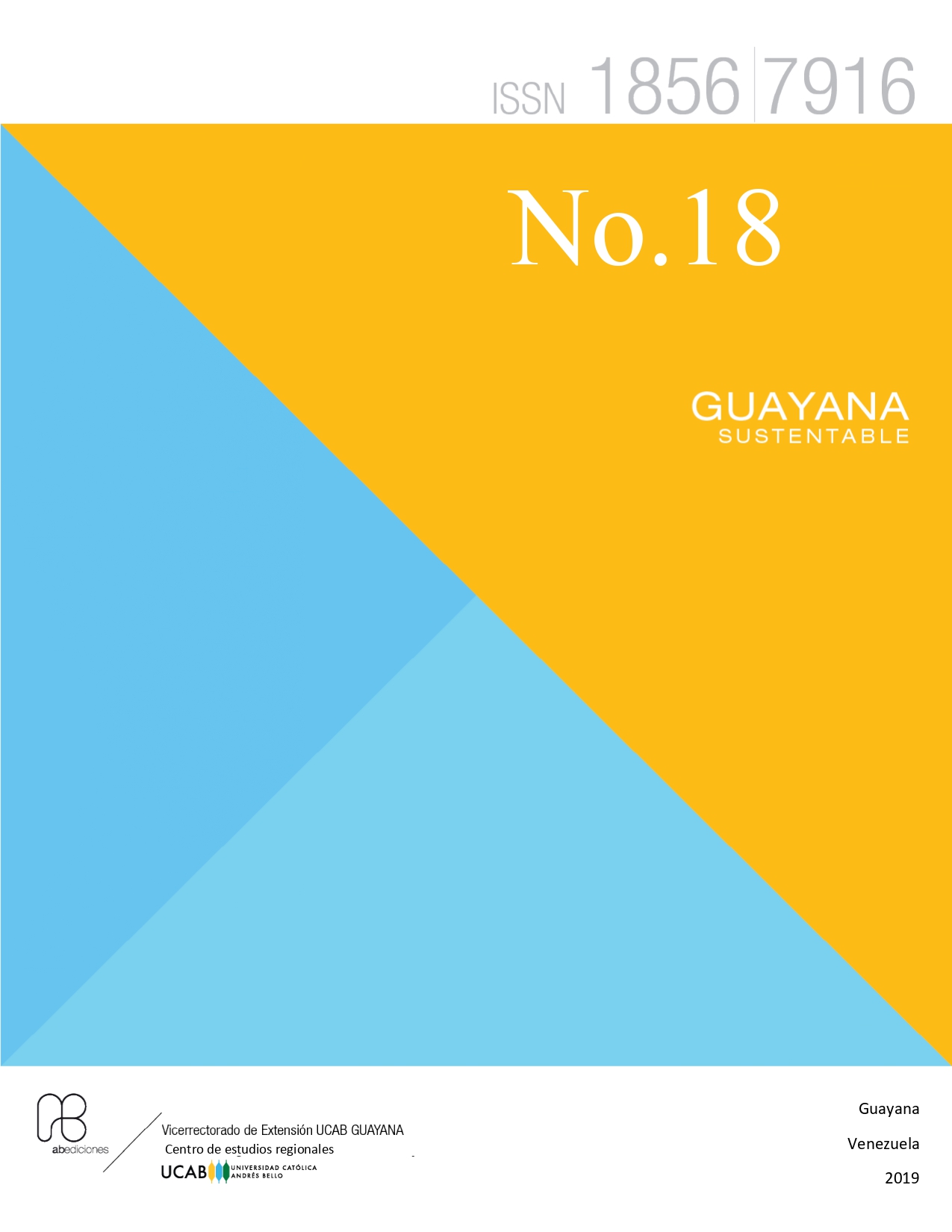Country Challenge Conclusions, Results for the Guayana Region
Abstract
Before showing the results obtained from the Guayana region broken down by actors, I would like to present a point by way of introduction on prospective, particularly social prospective.
Foresight is not a new subject in Venezuela, since the seventies of the last century PDVSA, CONICIT, IVIC, some Regional Development Corporations, the Center for Development Studies, CENDES, of the Central University of Venezuela, as well as numerous private companies, particularly banks, have undertaken prospective exercises in order to discover possible trends in the national and international environment and, with this information, take action to take advantage of opportunities or counteract threats.
The prospective in Venezuela has followed the path that has been traveled in other parts of the world. On the one hand, it has been drawn up based on the opinion of experts, which means that ordinary citizens have not been integrated into these processes, at least not systematically and decisively, and, on the other hand, it has been basically for three areas: territorial, economic and technological. The social prospective has not been present. Finally, a large part of the prospective exercises have been developed following the so-called Shell methodology or, most of them, with the strategic prospective toolbox designed and distributed by Michel Godet.
According to Medina (1997), social prospective is a contribution made by Latin America to prospective studies. Human and social prospective, as the author calls it, tries to look further into the distance to illuminate the future of social systems, specifically their evolution, change and dynamics. Social prospective tells us, through the participation of grassroots citizens, to socially model and build the future of their community, build a meaningful democracy, encourage reflection on these possible futures in such a way as to facilitate action and decision-making. decisions.
Published
Issue
Section
License
Los autores que publican en esta revista están de acuerdo con los siguientes términos:
- Los autores conservan los derechos de autor y garantizan a la revista el derecho de ser la primera publicación del trabajo al igual que licenciado bajo una Creative Commons Attribution License que permite a otros compartir el trabajo con un reconocimiento de la autoría del trabajo y la publicación inicial en esta revista.
- Los autores pueden establecer por separado acuerdos adicionales para la distribución no exclusiva de la versión de la obra publicada en la revista (por ejemplo, situarlo en un repositorio institucional o publicarlo en un libro), con un reconocimiento de su publicación inicial en esta revista.
- Se permite y se anima a los autores a difundir sus trabajos electrónicamente (por ejemplo, en repositorios institucionales o en su propio sitio web) antes y durante el proceso de envío, ya que puede dar lugar a intercambios productivos, así como a una citación más temprana y mayor de los trabajos publicados (Véase The Effect of Open Access) (en inglés).

